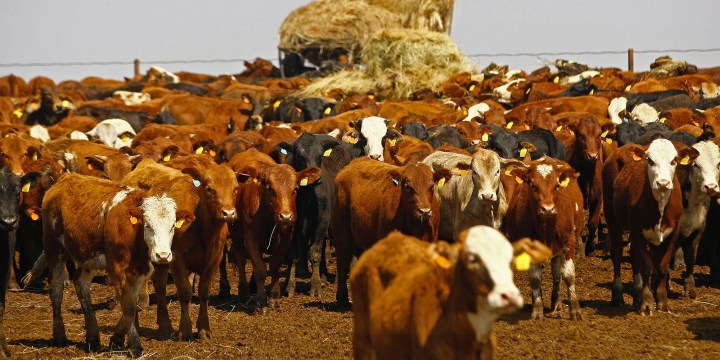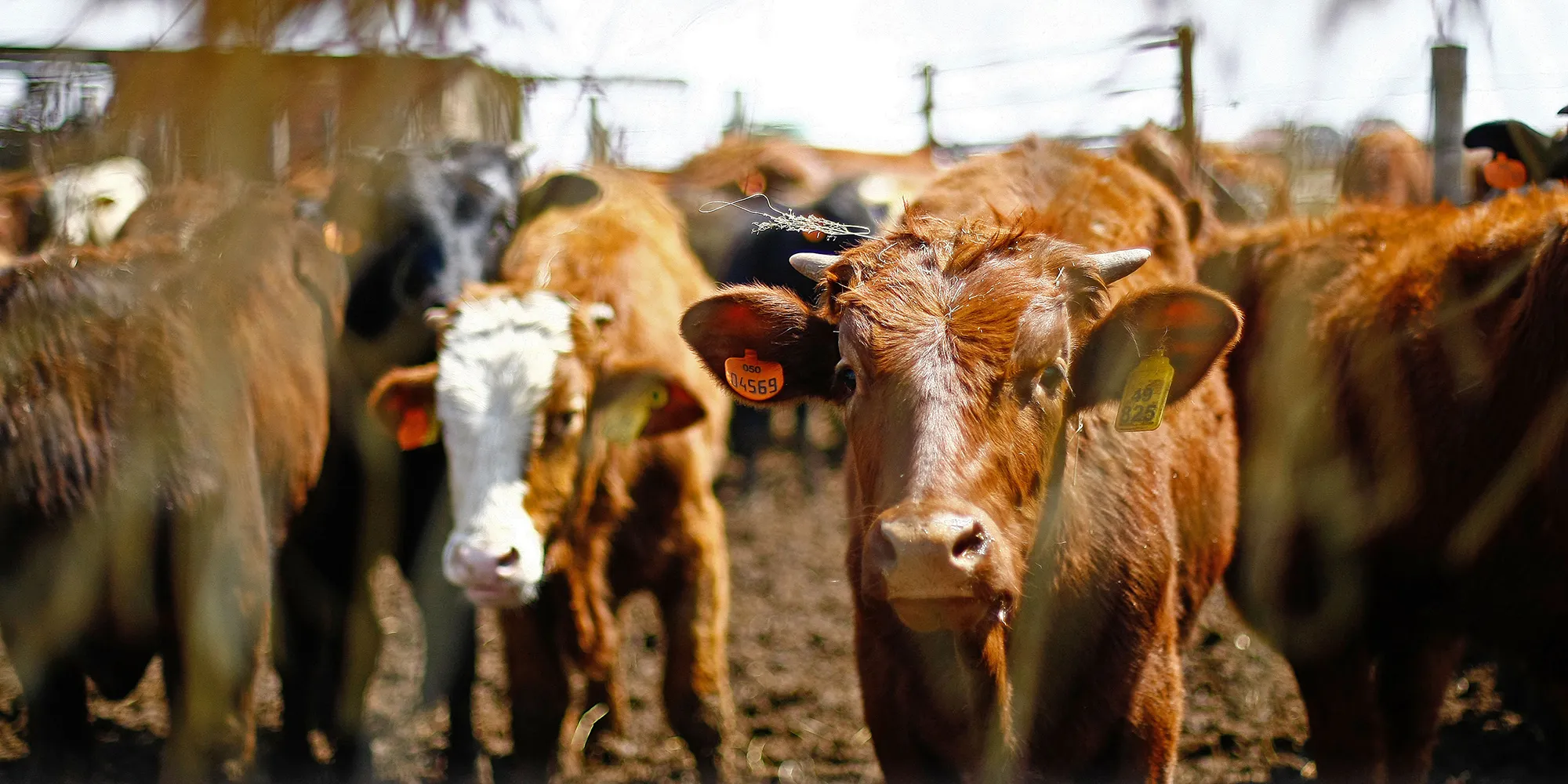LIVESTOCK FARMING OP-ED
Outbreak of foot-and-mouth disease demands coordinated and rapid state intervention

Considering the poverty and high unemployment in South Africa, it is not surprising that farmers have tried to illegally move their animals to get better values at auctions outside their areas.
South Africa once again faces an outbreak of foot-and-mouth disease, which is devastating to animal production because the virus, under the right conditions, is spread rapidly by infected animals, carrier animals, reservoirs and fomites (people, objects and even the wind).
The disease is not characterised by high mortalities, but it can have a devastating effect on the production capacity of countries farming with cloven-hoofed animals (cattle, sheep, goats and pigs).
While there are many contributing factors, we cannot ignore that the current outbreak is linked to the deep poverty in some parts of the country, farming as the sole means of income, decentralisation of veterinary services and the need to protect wildlife as our heritage.
One cannot escape the reality of living in a country as diverse as ours, where we have competing goals of maintaining our wildlife to sustain national benefits from tourism and hunting, while also maintaining a vibrant farming community that can keep the country food-secure.
But the main conflict arises from wildlife being reservoirs of the diseases that affect commercial farming, since diseases know no boundaries.
‘Fearless and independent’ SA courts hailed for holding the line against Zuma onslaught
Historically, to allow both these activities in the country, a control zone was established adjacent to the national parks with endemic foot-and-mouth disease. These areas were controlled by fencing, vaccination of cattle and restricted movement of animals from these zones.
While the initiative was largely successful in protecting the larger farms, it unintentionally created areas where farmers were hit hard by control measures and reduced livestock value.
Considering the poverty and high unemployment in South Africa, it is not surprising that farmers have tried to illegally move their animals to get better values at auctions outside their areas. Animals in the control areas are probably worth 50% less if their status is properly declared. Think of this in terms of selling your car: if you can get a higher value in Gauteng than Limpopo, why wouldn’t you want this opportunity?
One should also consider the decentralisation of veterinary services, and the impact this has had on the efficacies of service delivery. While the coordination of persons on the ground can be easily facilitated centrally, the real impact comes from the budget allocated to persons in the various provinces and municipalities.
Read in Daily Maverick: “Rampant foot and mouth disease in five provinces triggers farming industry call for urgent action”
With the less resourced areas receiving smaller budgets (and generally being the areas with higher disease burdens), there are restrictions on what control measures state veterinarians and animal health technicians can achieve when they work over large geographical areas. Officials need vehicles, fuel, testing kits and rapid availability of diagnostics services to do their jobs efficiently. Likewise, the correct resources need to be made available to implement control measures.

South Africa once again faces an outbreak of foot-and-mouth disease. (Photo: Kevin Sutherland / Bloomberg via Getty Images)
The following steps should be taken as a future alternative:
- Centralise and ring-fence the budget for veterinary services, so that all state veterinarians on the ground have access to the tools needed to facilitate their jobs, as opposed to the current model where the areas that need the services the most tend to be more poorly resourced. This must also include an emergency fund that can be made available to get the control team to the area of a suspected outbreak as soon as possible;
- The state should not try to tackle disease control on its own. Academia and vets in private practice should be invited to participate in control programmes. The valuable work done at universities, private medical hospitals and private laboratories during the Covid-19 pandemic shows the impact pooled resources can have;
- Consideration must be given to the creation of a National Institute for Veterinary Disease Management (the veterinary equivalent of the National Institute for Communicable Diseases), towards which the best minds in the country can contribute. As long as we are only reactive in our response to disease, there will never be proper control. Such an institute would therefore need to drive preventative programmes, look into emerging diseases and potentially even look at future vaccine development;
- Bring back much-needed vaccinology skills to enable the production of a local foot-and-mouth disease vaccine. We are too reliant on Botswana for vaccine supplies, which leaves the country at a major disadvantage if they are unable to provide vaccines, as has happened before. The Covid-19 pandemic again highlighted concerns about vaccine nationalism. Further to this, whatever vaccine is to be used, it needs to be tested locally, and proper supply lines must be established for rapid distribution while maintaining the cold chain;
- Accept that the F-brand used on foot and mouth disease-vaccinated animals is a disincentive to participation in the control programme and that the value of branded animals automatically decreases. As a country, we need to understand that farmers in these “quarantine areas” are making a major sacrifice for the greater good of our economy through the benefits we derive from tourism and organised agriculture in other areas. Is it not time for the country to recognise their contribution and subsidise farming in these areas? This could be through a basic farming grant or a subsidy on the price of meat in the area. Obviously, such practices are open to fraud, so proper control measures for animal ownership must be concurrently implemented – a national animal identification scheme would make this feasible.
Foot-and-mouth disease in South Africa can be properly controlled, but it will take a national, concerted and prolonged effort. DM
Professor Vinny Naidoo is a specialist in veterinary pharmacology and Dean of the University of Pretoria’s Faculty of Veterinary Science.
[hearken id=”daily-maverick/9472″]






















 Become an Insider
Become an Insider
Comments - Please login in order to comment.